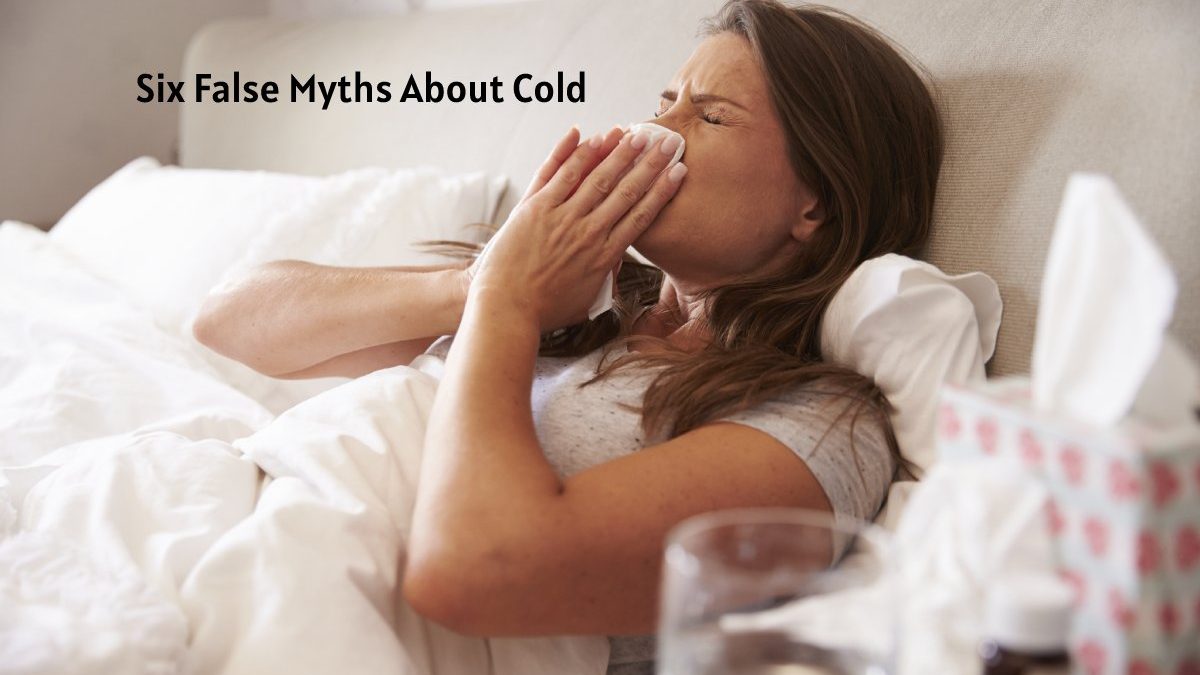Table of Contents
1. Does the cold cause colds?
Myths about cold – Colds are more common in winter, usually caused by viruses than other upper respiratory tracts (nose, throat, and trachea). Colds can cause colds because changing heat changes the lining of the throat and trachea, making it easier for cells to contract the virus anyway. In addition, spending more time indoors near others in winter raises the risk of infection because it is the perfect environment for virus transmission.
2. Does it help to stuff garlic in the nose?
Popular sections on tiK tok showed that putting garlic cloves in the nose has an anti-congestion effect if placing things in the nose closes the mucus stream. So when removed, gonorrhoea begins, and the mucus is dripping or running from the nose. Mucus not only helps to remove viruses but also contains
Antibodies may reduce the prevalence. And yeast capacity of viruses, so putting garlic is not a good idea.
In addition, garlic contains various ingredients that may irritate the nose. Generally speaking, sticking things in a nose is not a good idea as it can damage the lining. Bleed or stick to the nose, so it doesn’t actually help and can cause damage.
3- Does herbal therapy prevent colds?
Many herbal remedies remain believed to protect against or accelerate their recovery. For example, people often mention echinacea as a “herb species growing in North America”, and some experiments have shown little impact on cold prevention.
Still, statistical evidence does not indicate a significant reduction in infection levels. Turmeric remains also prescribed as a prevention drug, but its effectiveness has not been proven.
4. Myths about cold – DOES VITAMIN C WORK?
Nobel prize-winning scientist lenos bolling has suggested that large doses of vitamin c may be an effective treatment for many viral causes. Still, a Cochrane assessment (a very strong system in which researchers evaluate evidence) found that vitamin c does not prevent colds but reduces their duration in some people. Therefore, a 200 mg per day dose of low-risk vitamin c supplementation is an appropriate way to shorten the duration of colds.
5. Myths about cold – DOES VITAMIN D PROTECT AGAINST COLDS?
Vitamin d has gone from being a sunshine vitamin associated with bone health to being a reduced vitamin associated with almost everything from heart disease. And diabetes to viruses, leading to increased interest in vitamin d as a way to help fight colds. And, more recently, covid-19.
Test centre experiments have shown that vitamin d is necessary to enhance immunity, and this is important in fighting viruses.
Some people may suffer from vitamin d deficiency. Sunlight helps our bodies make vitamin d, but sun exposure decreases in winter, so taking vitamin d supplements during winter based on UK government advice may help prevent colds.
6. What about chicken soup?
Chicken soup has been used since ancient times to treat colds as it may contain some benefits to relieve symptoms, but it is unlikely to have a substantial effect that heals the yeast. Although soup water will help the rehydrate, which is usually a problem when colds occur, chicken soup is one of the great food, like most hot drinks. It may help relieve pain. Studies are looking for its effects on the cells of our immune system but still uncertain.
Unfortunately, there are no super-treatments for colds. Some suggestions – which are generally harmless – may help, such as eating enough vitamin c and vitamin d. But other suggestions are certainly not worth trying. And maybe as dangerous as cramming garlic into the nose. So the finest thing to do is rest enough and drink plenty of fluids to keep a proper mother.
READ MORE:- Foods that Cause Energy Level To Drop

